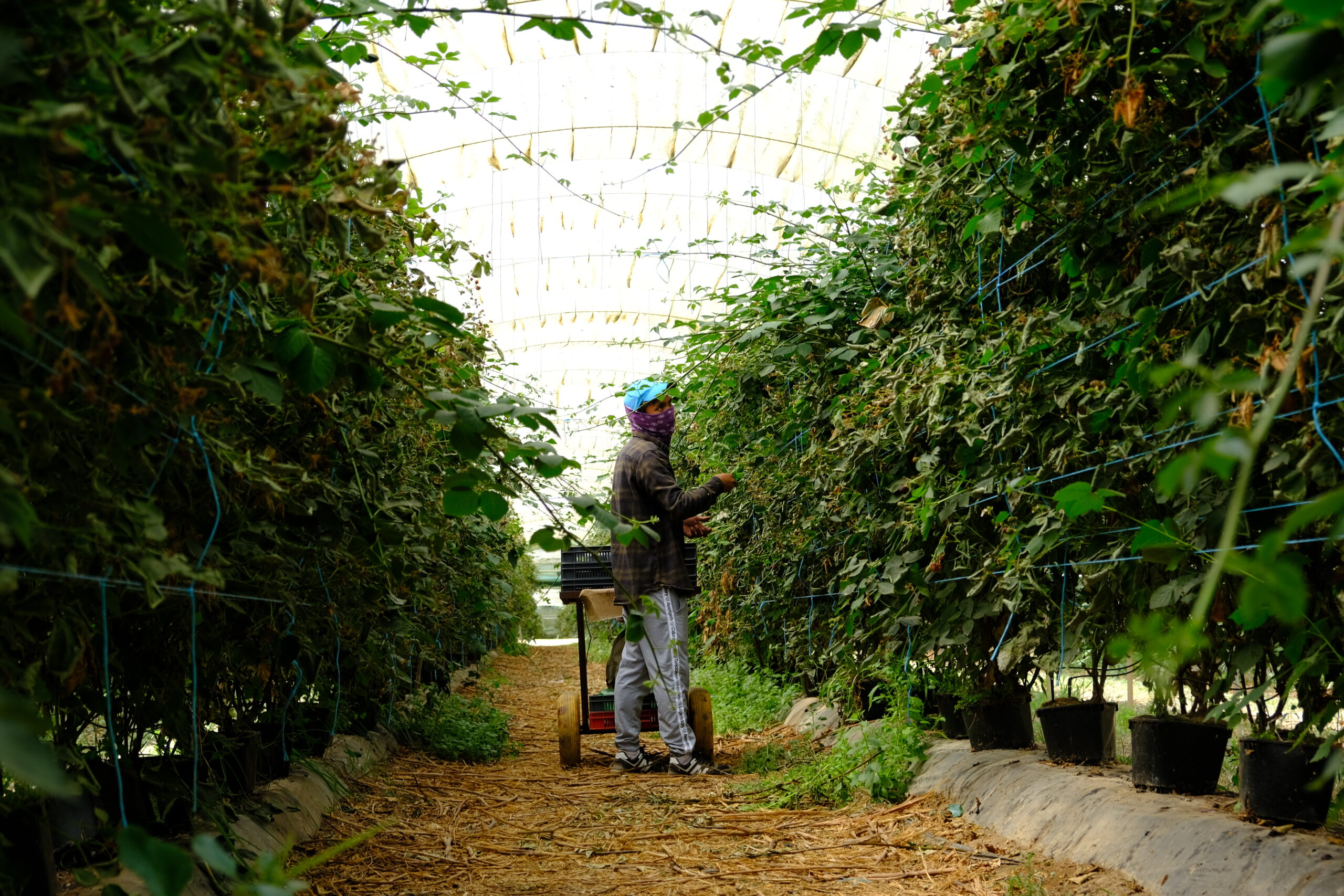EARTH ISLAND JOURNAL (March 2023)
Autumn in Doñana National Park was once a spectacle of abundance. First the rains would arrive. Then, the birds. Journeying from Northern Europe, millions of migratory birds would descend on the wetland complex in southern Spain, heralding the start of the new season. Northern shovelers, pintails, whistling ducks, and other waterfowl came to pass winter in southern Europe’s gentler climate. Dozens of other species — from bee-eaters, to willow warblers, to booted eagles — stopped off to feed, breed, or rest in the park’s marshlands, ponds, dunes, and forests before continuing on to Africa.
Now, the dawn cacophony of birdsong has been replaced by silence. Throughout much of the park, only the wind can be heard whistling over the parched, cracked earth. Following a year of precious little precipitation and record heatwaves and drought, Doñana’s last remaining permanent pond dried up last summer. Come autumn, the arrival of the rains should have brought some relief, flooding the park’s marshlands and temporary ponds and partially recharging the aquifer sustaining Doñana. But last year the rains arrived late, in early winter, leading to several more months of drought without respite (…)
